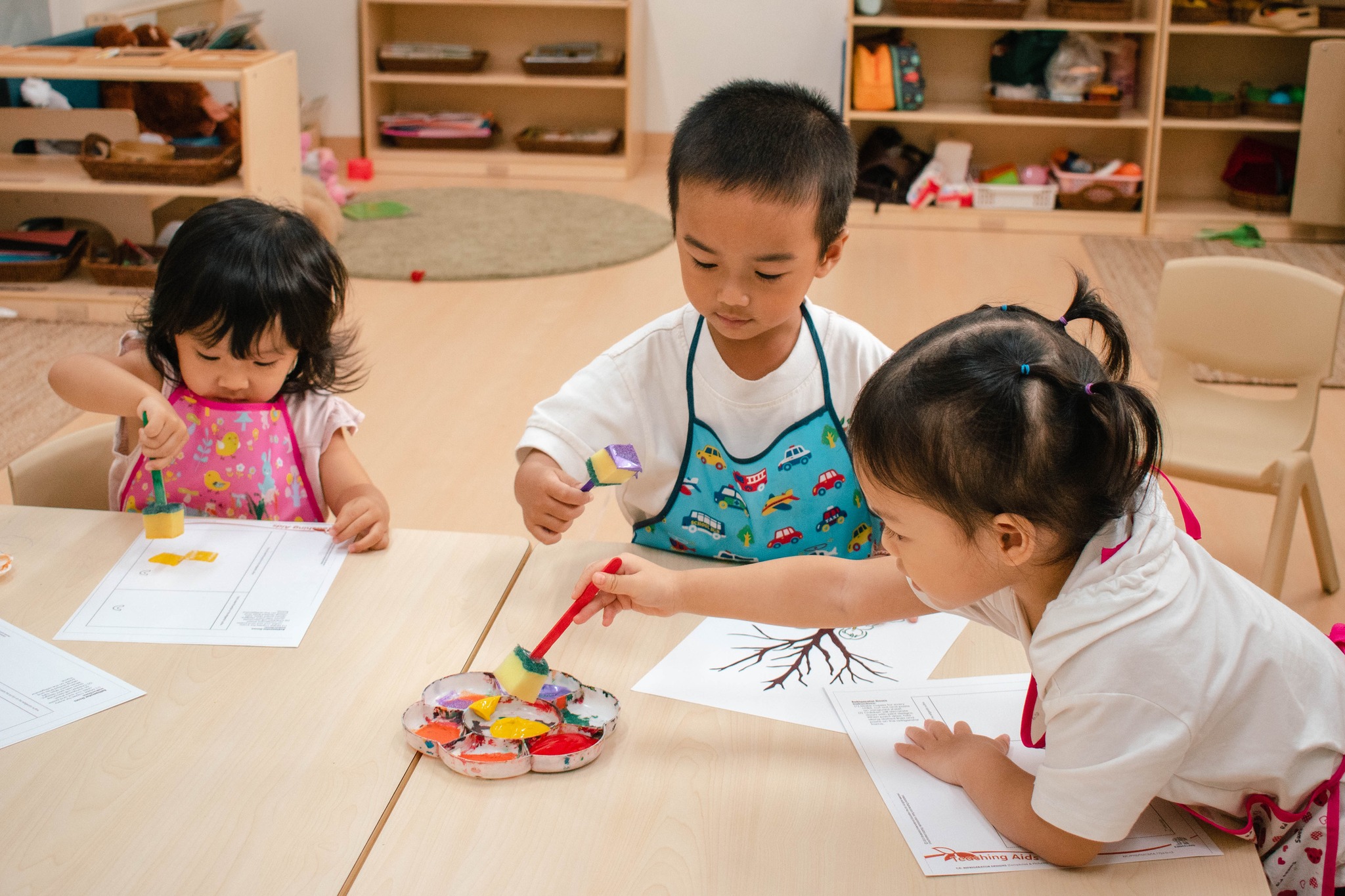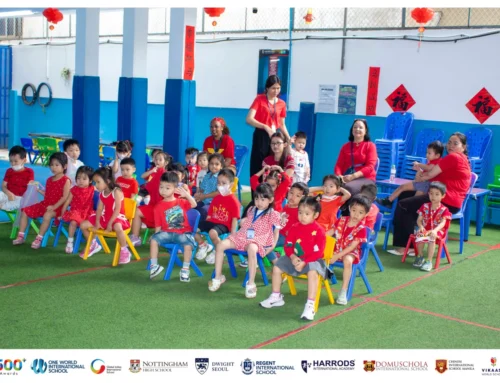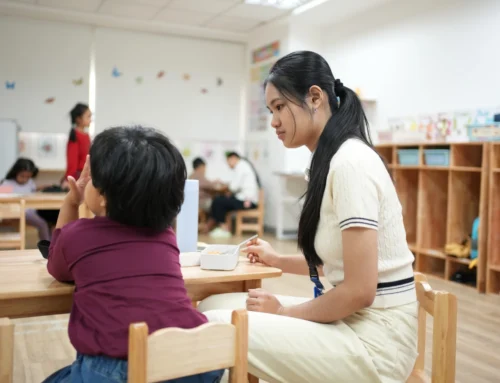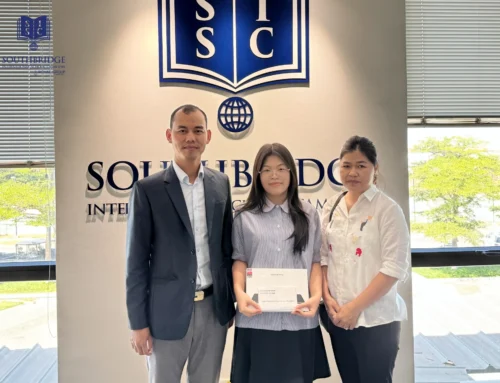Early childhood education in Cambodia continues to evolve, with more schools embracing a learning approach that values creativity, exploration, and meaningful engagement. At Kinderland Cambodia, this philosophy is clearly reflected in their recent pre-nursery activity, where students explored the theme “My Home” through hands-on art. The featured classroom activity highlights how purposeful early-years experiences can nurture fine motor skills, self-expression, and a deeper understanding of the world around them.
In today’s education landscape, parents and educators are increasingly recognizing the importance of early exposure to sensory-rich learning opportunities. Activities like the one conducted at Kinderland Cambodia show why creative exploration remains essential in shaping confident, curious, and capable young learners.
A Creative Approach to Early Childhood Learning
One of the strengths of Kinderland Cambodia’s programme is the emphasis on purposeful play. In this activity, children designed their own refrigerators using paint and a sponge-dabbing technique. While simple, the process offered countless learning moments—experiencing textures, testing colours, and discovering patterns in ways that felt natural and exciting.
This approach reinforces the idea that creativity is more than just producing artwork; it is a cognitive experience that encourages children to make meaning, express ideas, and explore possibilities. Through sponge painting, the children were not only creating refrigerator-themed art—they were also building foundational skills essential for later academic success.
Building Fine Motor Skills Through Engaging Activities
Fine motor development is a core component of early childhood learning. Activities that involve grasping, pressing, dabbing, and coordinating hand movements help children strengthen the small muscles in their hands and fingers.
In the classroom scene, children worked with paint, sponges, and paper—tools that naturally encourage precise, intentional movement. Such tasks support pre-writing readiness, improve hand-eye coordination, and develop the ability to manipulate tools confidently.
When early learners are given opportunities like these, they gradually master the coordination needed for tasks such as writing, drawing, cutting, and managing everyday routines independently.
Encouraging Expression and Building Meaningful Connections
The activity also allowed children to express their ideas freely. By asking them to paint refrigerators—an object found in most homes—Kinderland Cambodia created a bridge between the classroom and the environment children are familiar with. This helps them build connections between learning and everyday experiences, an essential part of early cognitive development.
As the children pressed and dabbed paint, they weren’t simply following instructions—they were interpreting what a refrigerator looks like, choosing colours, and deciding how to fill their space. These decisions, though simple, help foster independence, problem-solving, and self-confidence.
Why Activities Like These Matter in Early Education
Research consistently shows that young children learn best through hands-on, exploratory experiences. Activities involving art, sensory play, and themed projects provide opportunities to develop:
-
Creativity and imagination
-
Language development as they describe their work
-
Social interaction when working alongside peers
-
Confidence and independence through open-ended tasks
-
Cognitive understanding of familiar concepts, such as objects found at home
Kinderland Cambodia’s approach demonstrates how high-quality early childhood education can nurture children holistically—not only preparing them academically but also building curiosity, joy, and meaningful engagement.
Supporting Schools Across Cambodia
If any information about the school above is inaccurate or incomplete, please Contact us.
Do you want to register your school on our platform? Click Here.







